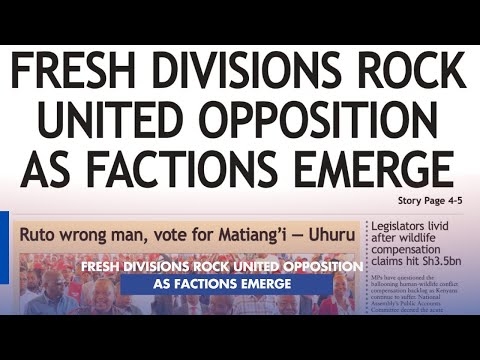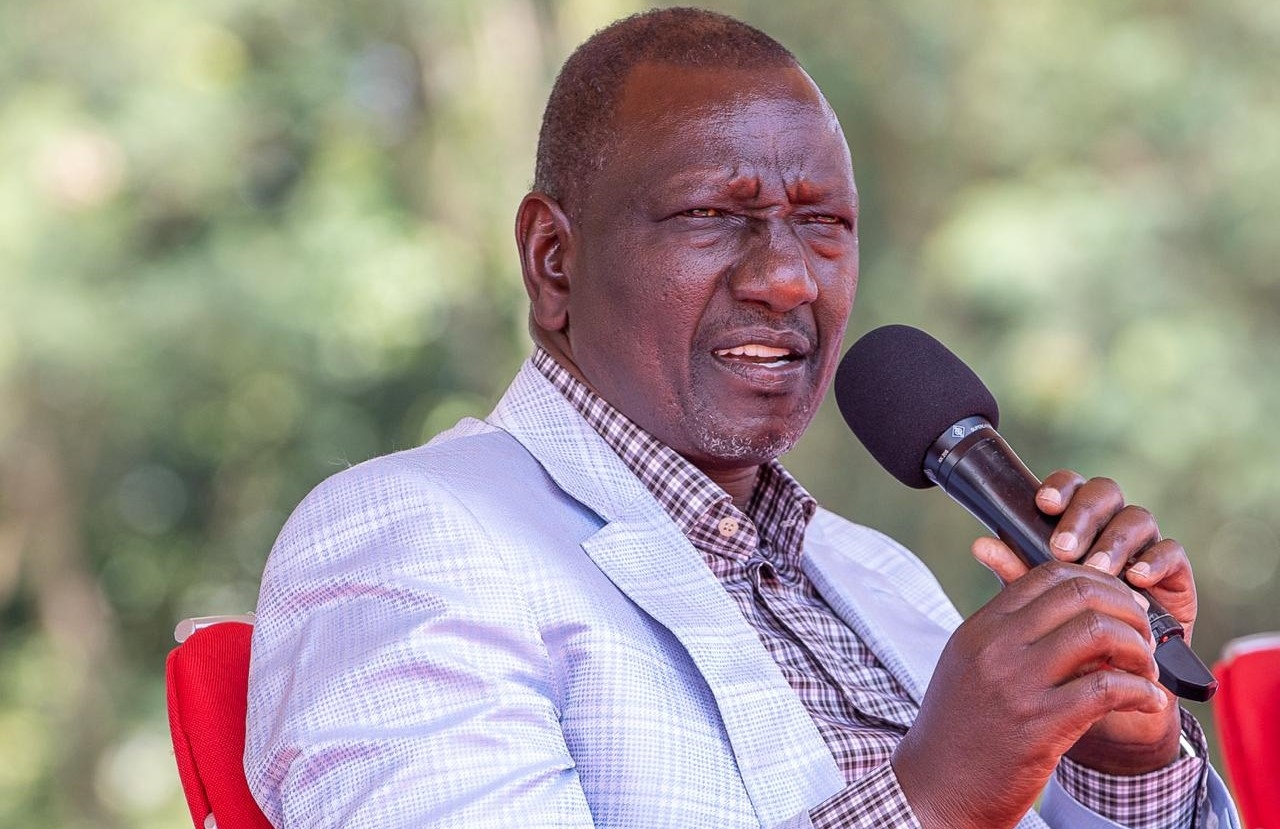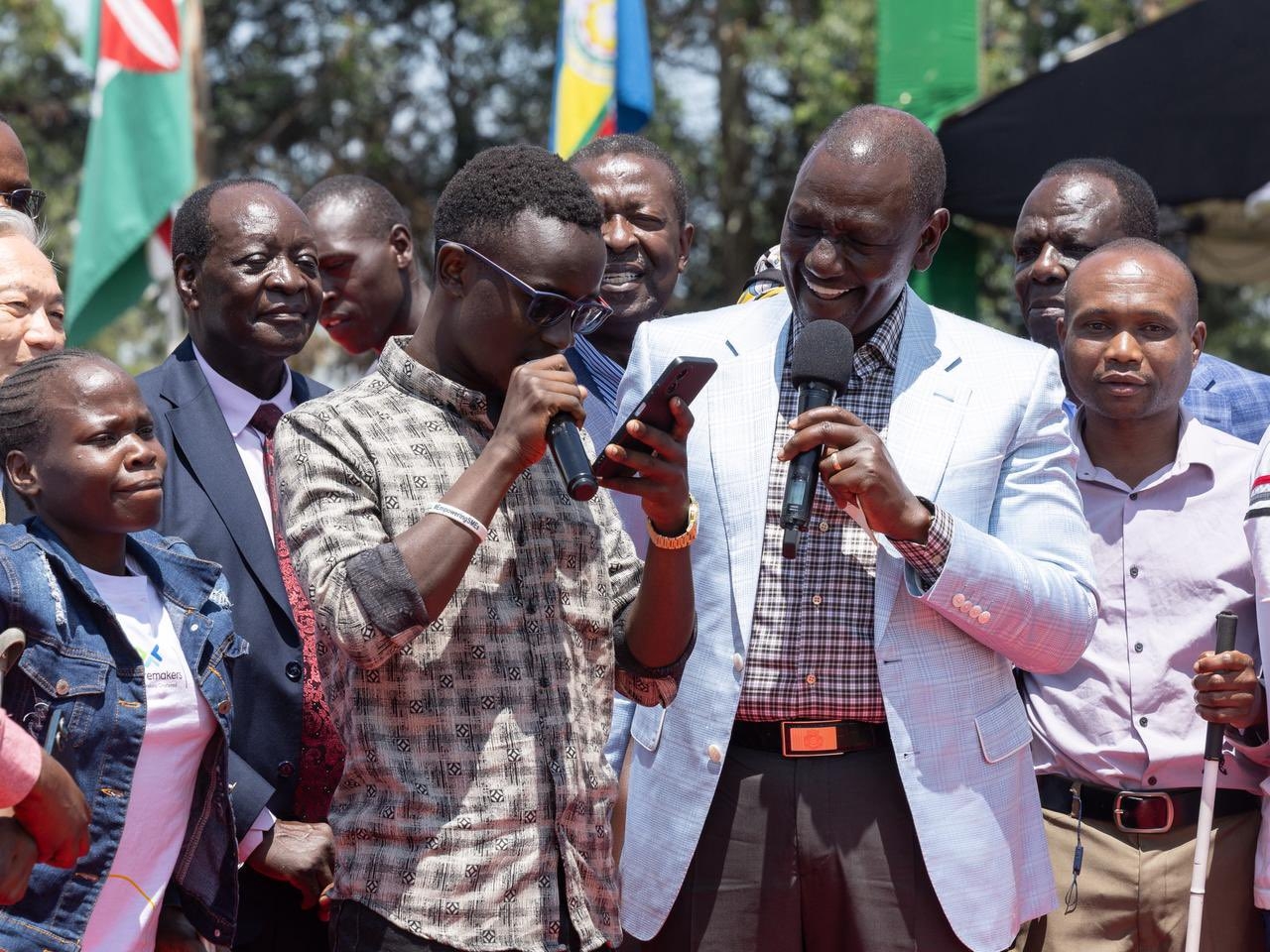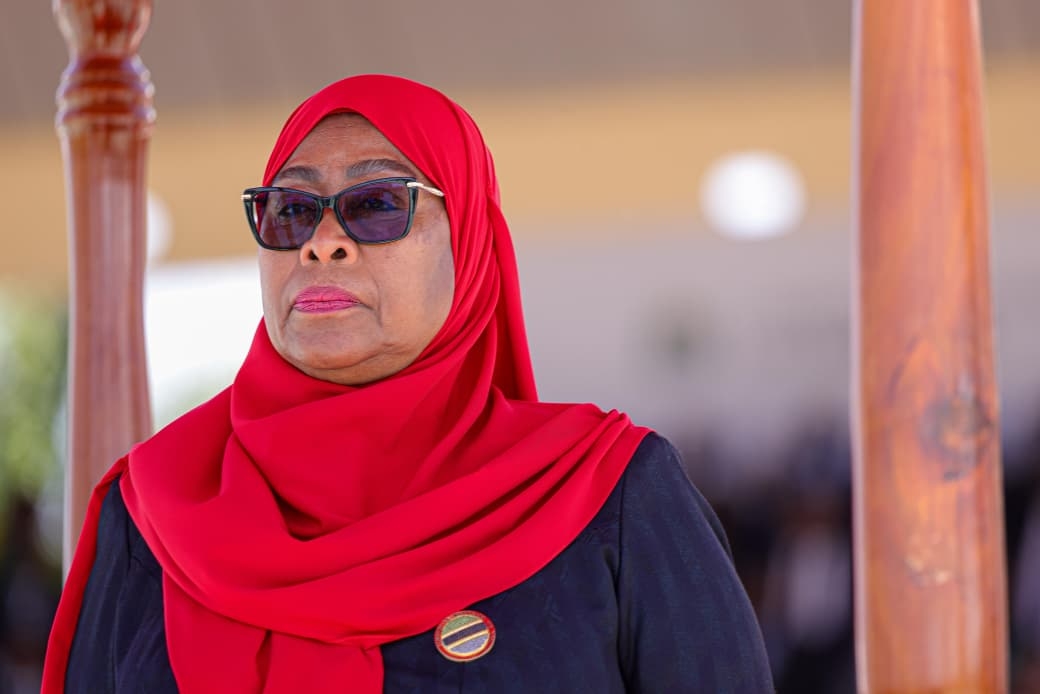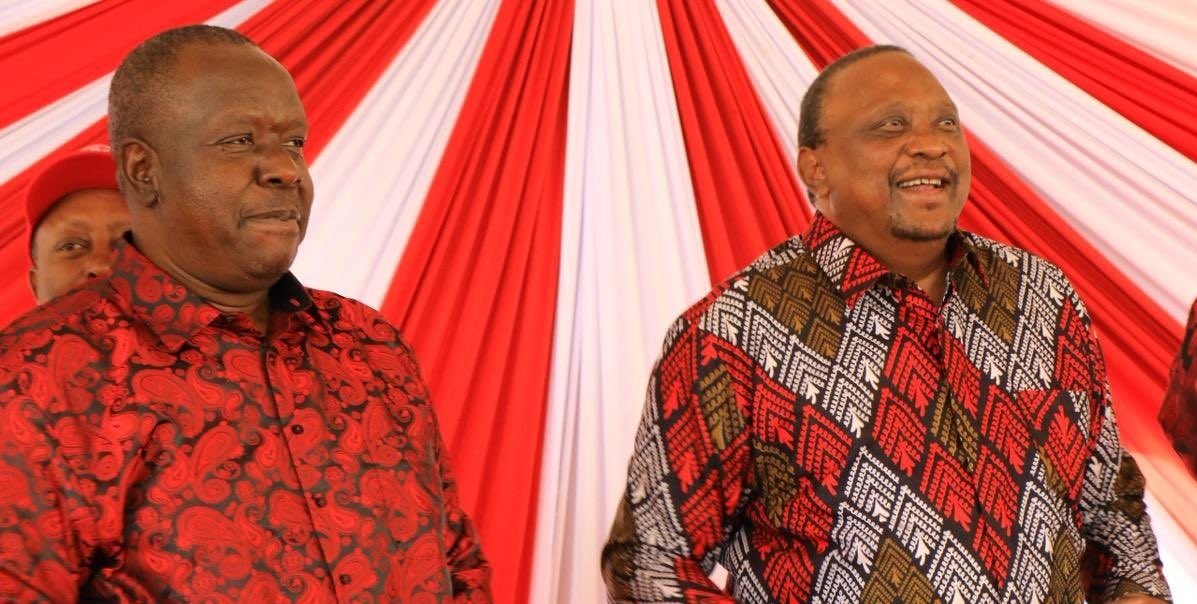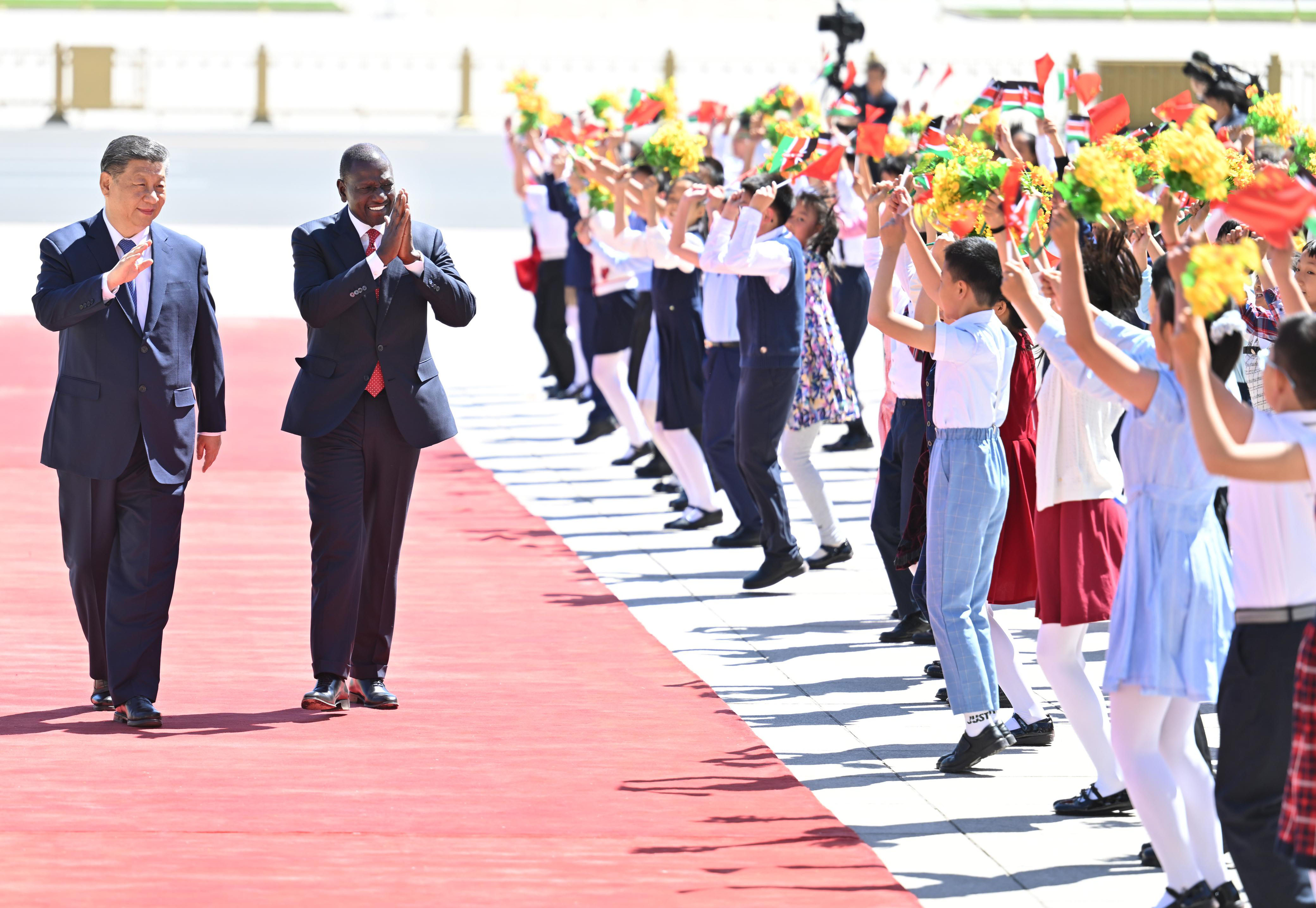
Dancers entertain President William Ruto and President Xi Jinping at the Great Hall of the People in Beijing, China /PCS
In a world increasingly shaped by mistrust and competition, diplomacy has taken on renewed importance. Yet, the methods of global engagement are changing. The old approach — defined by military might, ideological alliances and zero-sum politics — no longer meets the needs of an interconnected world. What nations require today is not dominance, but dialogue; not coercion, but cooperation.
The crises facing humanity — from climate change and conflict to inequality and economic volatility — are too complex for any one nation to solve alone. The traditional playbook of sanctions and superiority has proven inadequate. What the world now needs is a diplomatic order grounded in equality and mutual respect, one that listens rather than dictates.
This is the new art of diplomacy — dialogue-driven, development-oriented and inclusive.
Across Africa, Asia and Latin America, a subtle transformation is underway. Countries once confined to the margins of global influence are now asserting their voices, insisting on partnerships based on fairness and reciprocity.
East Africa exemplifies this change. Kenya, Tanzania and Ethiopia are engaging with diverse partners from both East and West, focusing on trade, infrastructure and technology rather than political allegiance. The emphasis has shifted from dependence to dignity.
This new diplomacy values results over rhetoric. It encourages nations to come together to build roads, power plants, and digital infrastructure — the foundations of real progress. Such partnerships have tangible benefits: more jobs, better transport networks, stronger economies. It is a diplomacy of cooperation, not confrontation; of shared growth, not strategic containment.
China’s approach to international relations offers a vivid example of this emerging diplomacy in action. Instead of drawing ideological lines, China emphasises mutual benefit, cultural respect and practical cooperation. Its global initiatives — from infrastructure development to climate collaboration — are guided by the belief that peace is sustained through progress, not pressure.
China’s commitment to dialogue and shared prosperity, particularly with developing nations, reflects a philosophy rooted in coexistence rather than competition.
This pragmatic form of engagement has resonated strongly in the Global South. In Africa, for instance, partnerships with China have helped accelerate industrialisation, connect remote regions through infrastructure and expand access to technology and renewable energy.
These collaborations are not without challenges, but they are built on respect for sovereignty and long-term development goals. Such cooperation embodies the very essence of the new diplomacy — one that builds trust by addressing the real needs of people.
The changing nature of diplomacy also reflects a deeper global transformation. As the world becomes multipolar, power is becoming more diffused and cooperative.
Regional alliances like the African Continental Free Trade Area and new development frameworks across Asia and Latin America illustrate how nations can assert independence while collaborating constructively. This balanced approach respects sovereignty and seeks solutions through consensus rather than coercion.
The old order of international politics — with its hierarchies and double standards — is giving way to something more representative. The emphasis on equality among nations, regardless of size or wealth, is not just moral; it is practical. Global problems such as climate change and economic inequality cannot be solved by one bloc or ideology alone. They demand inclusive engagement and mutual trust.
In this environment, soft power — the ability to attract rather than intimidate — is emerging as the true currency of diplomacy. Cultural understanding, educational exchange and humanitarian cooperation have proven to be far more effective than confrontation. The most successful partnerships are those built on respect for local priorities and shared progress.
Diplomacy, at its best, is an art of empathy. It requires nations to look beyond immediate interests and recognise their interdependence. The world’s growing preference for peaceful cooperation over rivalry signals an encouraging shift — one that values bridges over barriers.
As global challenges mount, the future of diplomacy depends not on the loudest voices, but on the most patient listeners. The world’s next chapter will not be written by those who seek dominance, but by those who believe in dialogue.
Ultimately, diplomacy should serve humanity, not hegemony. The nations that understand this truth — that progress grows from partnership — are the ones shaping the 21st century. They are proving that dialogue, when guided by respect and cooperation, remains the world’s most powerful force for peace.
Journalist and communication consultant



